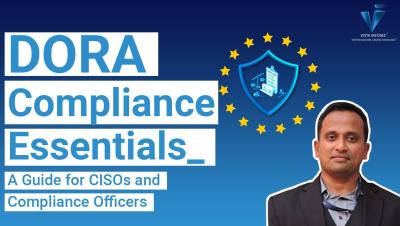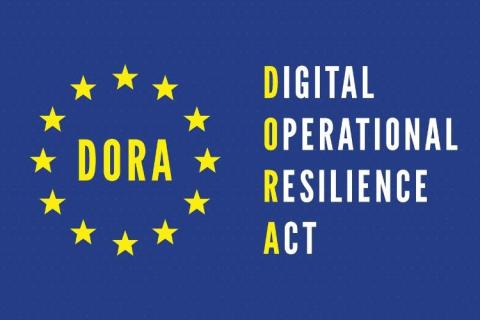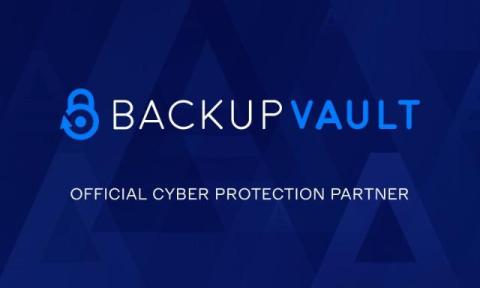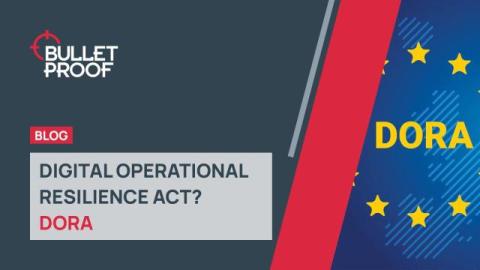The Future of AI Regulation: Balancing Innovation and Safety in Silicon Valley
California Governor Gavin Newsom’s recent veto of SB 1047, a proposed AI safety bill, has sparked a hot debate on the balance between innovation and regulation in the artificial intelligence (AI) space. California has over a dozen AI related bills that have been signed although this bill sought to establish rigorous safety testing requirements for large-scale AI models and introduce an emergency "kill switch" for situations where systems might become dangerous.











